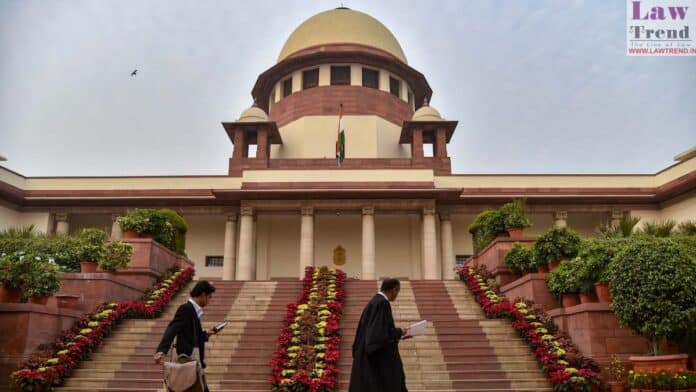The Supreme Court of India has set aside a Jharkhand High Court order that had dismissed a Letters Patent Appeal (LPA) as time-barred due to a 221-day delay in filing. A Bench of Justice Aravind Kumar and Justice N.V. Anjaria condoned the delay, emphasising that “substantial justice cannot be sacrificed at the cost of public
To Read More Please Subscribe to VIP Membership for Unlimited Access to All the Articles, Download Available Copies of Judgments/Order, Acess to Central/State Bare Acts, Advertisement Free Content, Access to More than 4000 Legal Drafts( Readymade Editable Formats of Suits, Petitions, Writs, Legal Notices, Divorce Petitions, 138 Notices, Bail Applications etc.) in Hindi and English.




